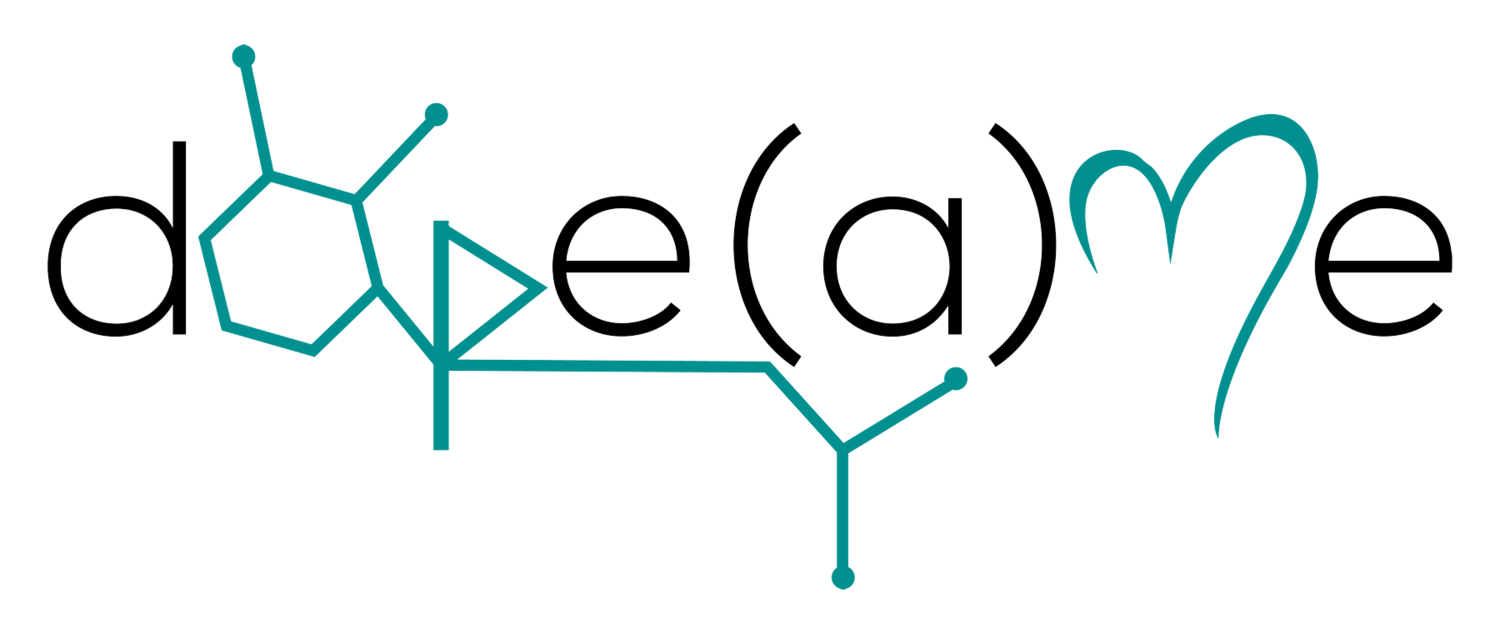Our words carry a lot of meaning, based on traditions, experience, and repetition. Often I will find that the same words used by different people, carry a different significance. Not that the word has a complete different definition (although sometimes that is the case), but different people focus on different aspects of the same word.
For example, when I say "FEAR"......the reactions, the stories played out in our mind, the feelings, and the synonyms that pop up, are going to be slightly, to dramatically, different from person to person.
What do you think of when you hear the word, "Optimist"? Perhaps you think of a glass half-full, or an easy going and light-hearted yogi, or a goofy smile and a naive outlook on life. What comes up for you? I have found this word to be the center of several debates. What does it look like to live as an optimist?
Something that has become more clear over the past few months is the need for another word to describe the type of Optimist you are striving to be. You probably have heard of the phrase The Naive Optimist - which refers to a person who stays happy, hopeful, jolly, or love-struck despite overwhelming evidence that something other than pure joy is required to handle the situation at hand appropriately.
The phrase I have begun to use to describe my style of optimism, is a Pragmatic Optimist. To be a pragmatist means to approach each situation by assessing the truth/validity of a theory or belief based on the efficacy, the previous success rate, and the observable practical consequences. It is a matter-of-fact mental model that steers away from emotional reactions and feelings.
So, to be a Pragmatic Optimist is to recognize that striving for happiness, looking for the silver-lining, and aligning your thoughts and actions to serve you and the world in the best way possible, is an ideal worth pursuing.
I have lived life as a pessimist, as a naive optimist, and solely as a pragmatist, and I know from experience that when I am committed to growth and learning, when I engage in activities that purposefully bring me joy, connection, and satisfaction, and when I focus on gratitude and seeing the benefits in whatever situation or circumstance I find myself in, I feel content and passionate about the life I am living.
Life itself does not have intrinsic meaning. It is up to each one of us to discover our passions, to let go of our past or our habits that weigh us down, and to create a life of purpose by following our own mental-models of what it takes to be our best-self.
I have done the work to get myself to where I am today, and I love that my heart and soul calls me to support others to do the same. What are you waiting for? Your life as a pragmatic optimist awaits xoxo

